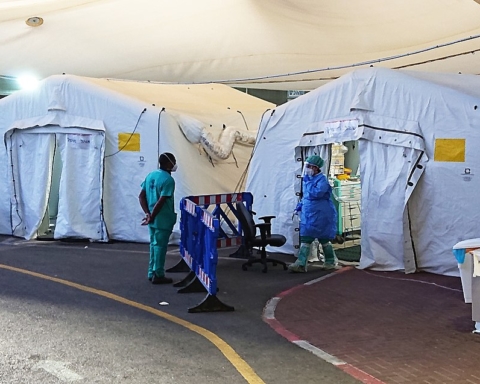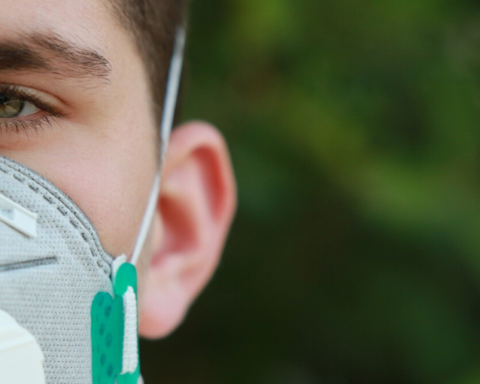Adopting Black Friday shopping tradition from American culture, thousands of Israelis stood in line as a sample size of 15 malls re-opened for the first time since mid-September. With only 10 customers allowed per store, lines were massive. Opening malls is part of a pilot plan to determine whether it is safe given COVID-19. Due to the small number of malls open, many business owners knew overcrowding would occur.

About 400 million shekels, or $120 million, was recorded in credit card sales, only a 10% decrease from last year’s spending. Yet, about 711,000 families, over 2.4 million people, have plummeted into poverty. A recent research study from the National Insurance Institute shows that over 42,000 households are now below the poverty lines, and 151,000 are in the lower economic category. The pandemic has proven to have the largest economic effect on middle-class families, people under 29, single moms, and small business owners. About 33% of those in the middle class have fallen below the poverty line.
While some of the negative impacts might be temporary, the standard of living has shifted for thousands who struggle for basic needs. In addition to the individual impact coronavirus has had, the National Insurance Institute will experience an actual deficit for the first time, which might cause harm for future generations for social security.
In addition to financial uncertainties, a fresh COVID-19 outbreak has spread through Israel and the West Bank, which have over 10,200 and over 11,600 cases respectively. Gaza has over 9,700 active cases. The latest fatality rates for Israel, West Bank, and Gaza are 2,883, 720, and 105. The new coronavirus czar Nachman Ash declared Israel in a state of emergency, stating that “There is a rise in infection, accompanied by a public sentiment that the coronavirus has gone away.” With a rise of confirmed cases reaching up to 1,500 per day and a 2.5% infection rate, officials have spoken of halting the reopening plan, yet no action has been decided.








